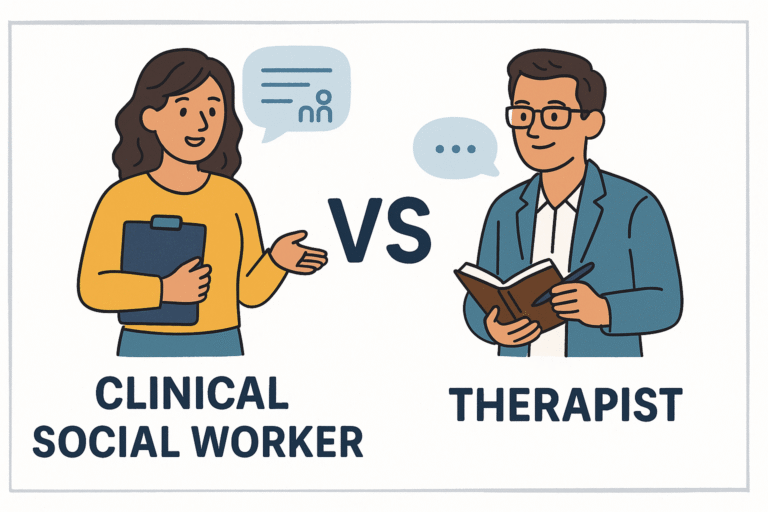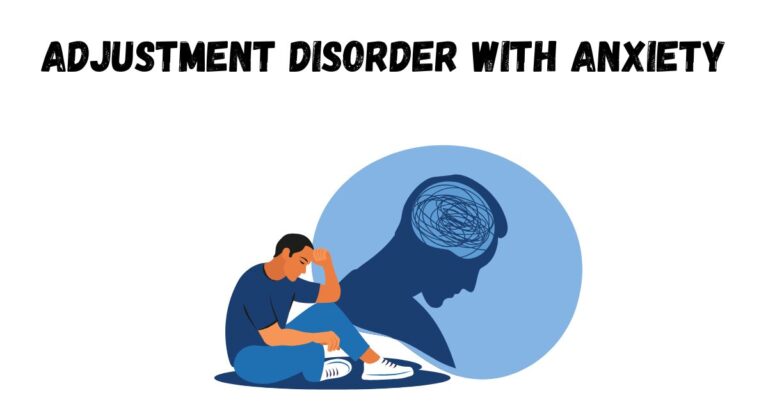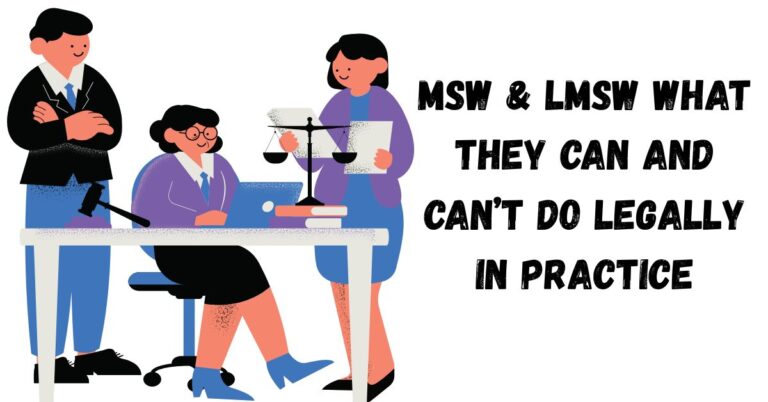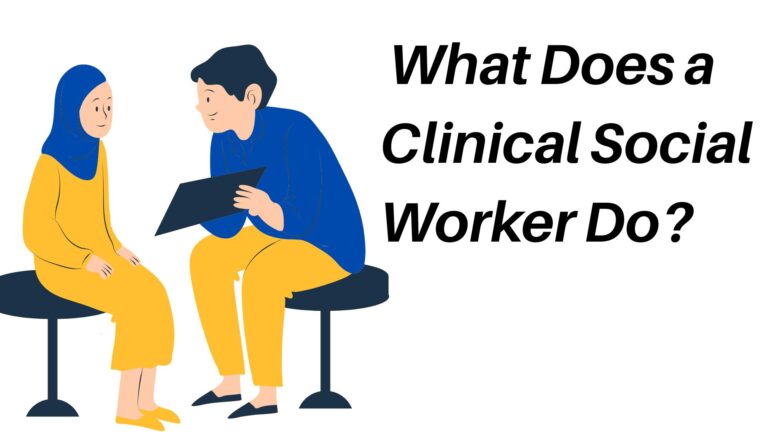Authoritarian Parenting in Social Work Explained
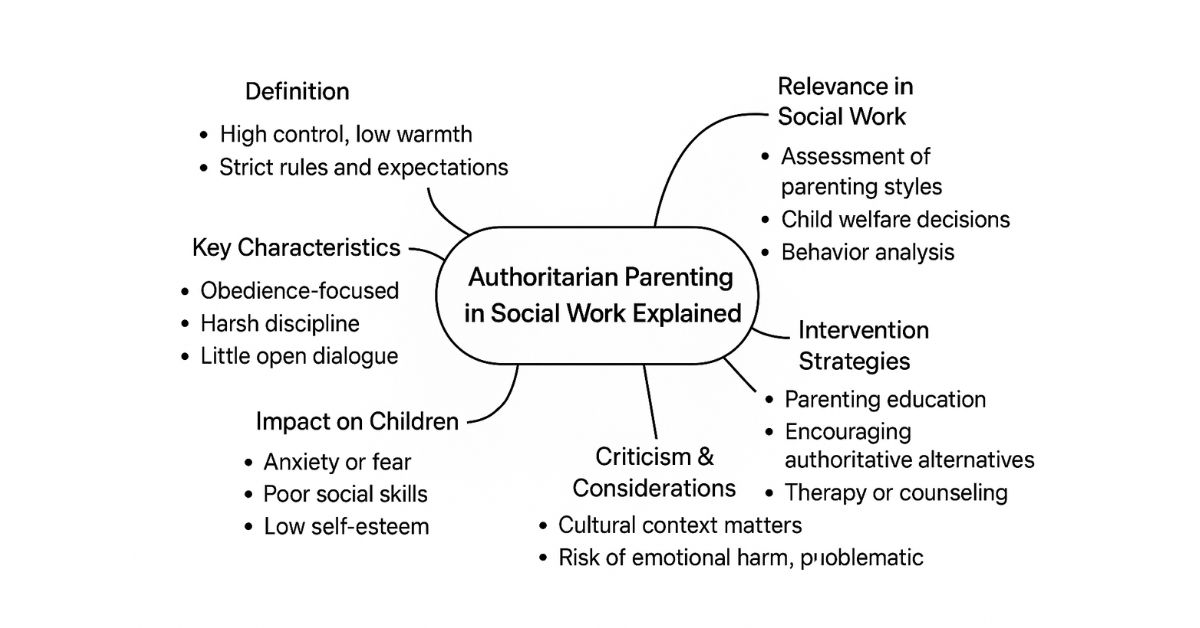
Authoritarian parenting is a strict and rule-based parenting style. In social work, it’s important because it helps explain child behavior, emotional issues, and family struggles. Social workers use this knowledge to offer the right help and build stronger families.
What Is Authoritarian Parenting?
Authoritarian parenting is all about rules, control, and obedience. Parents expect children to listen without asking questions. These parents are often very serious and may punish rather than explain.
They usually:
- Have strict rules
- Expect high performance
- Show low emotional support
- Focus on obedience over learning
This parenting approach leaves little space for children to speak up or share their feelings.
Why It’s Important in Social Work
In social work, professionals deal with family dynamics, child development, and behavior management. Knowing a parent’s style helps a social worker give the right support.
Authoritarian parenting often leads to:
- Low self-esteem in children
- Problems with emotional development
- Fear-based behavior
This insight helps social workers choose better intervention strategies or even refer families to mental health services.
Common Parenting Styles
| Style | Rules | Warmth | Effect on Kids |
|---|---|---|---|
| Authoritarian | Very High | Very Low | Obedient but anxious |
| Authoritative | Balanced | High | Confident and responsible |
| Permissive | Low | High | Creative but sometimes careless |
| Neglectful | Low | Low | Lonely and unsure |
Knowing the difference between authoritarian vs authoritative parenting is key for both families and professionals.
Also Related: Adjustment Disorder with Anxiety: Social Work Guide
Emotional & Mental Effects on Kids
Children raised with authoritarian rules may:
- Feel anxious or fearful
- Avoid making decisions
- Lack social skills
- Struggle with confidence
These issues can lead to long-term mental health struggles. But the good news? Families can heal with the right support—like family counseling, therapy sessions, and parenting support programs.
How Can Social Workers Help?
Here’s how a social worker can support families with this parenting style:
- Identify signs of strict parenting
- Use case management to guide next steps
- Offer parent education tools
- Suggest child-friendly discipline strategies
- Connect families to therapy for parenting issues
Positive Alternatives to Authoritarian Methods
| Authoritarian Action | Healthier Alternative |
|---|---|
| “Because I said so.” | “Let me explain why this matters.” |
| Punishment without discussion | Time-outs with reflection |
| No child input | Letting the child choose between options |
| No emotional support | Active listening and praise |
FAQs
Is authoritarian parenting harmful?
It can be. Children may feel pressure, fear, or lack emotional support.
What is a social worker’s role in parenting issues?
They help families understand parenting choices and offer emotional, educational, and mental health support.
Can parents change their style?
Yes! With help from parenting support programs, anyone can learn a new, healthier parenting approach.
Is discipline bad?
Not at all. Discipline is good when it’s done with love, respect, and explanation.
Parenting doesn’t come with a manual. Many parents use strict parenting because that’s what they know. But learning about authoritarian parenting gives families and social workers a new way forward one built on love, understanding, and support.
Whether you’re a parent or a social worker, remember: small changes lead to big results. Be kind, stay open, and keep growing.


